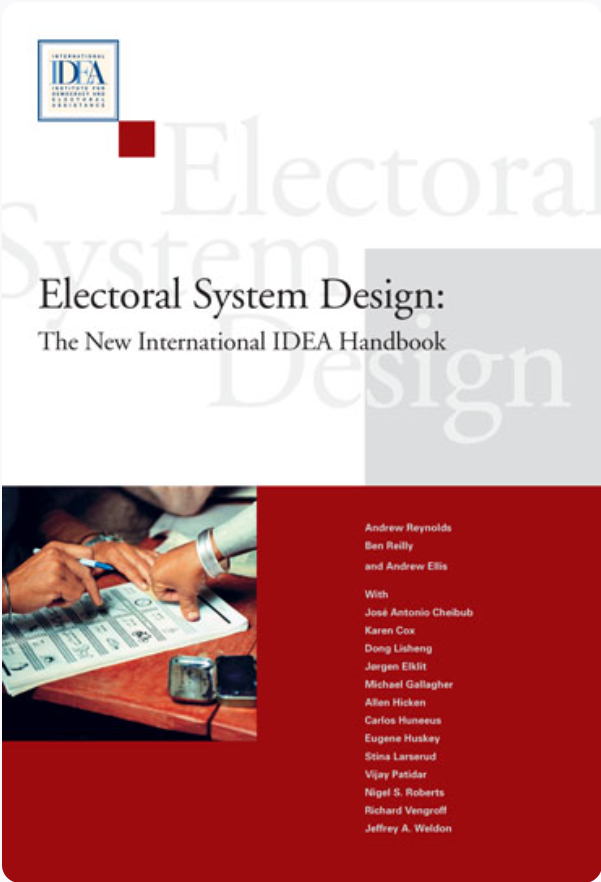

Most ebook files are in PDF format, so you can easily read them using various software such as Foxit Reader or directly on the Google Chrome browser.
Some ebook files are released by publishers in other formats such as .awz, .mobi, .epub, .fb2, etc. You may need to install specific software to read these formats on mobile/PC, such as Calibre.
Please read the tutorial at this link: https://ebookbell.com/faq
We offer FREE conversion to the popular formats you request; however, this may take some time. Therefore, right after payment, please email us, and we will try to provide the service as quickly as possible.
For some exceptional file formats or broken links (if any), please refrain from opening any disputes. Instead, email us first, and we will try to assist within a maximum of 6 hours.
EbookBell Team

0.0
0 reviewsElectoral system choice is a fundamentally political process, rather than a question to which independent technical experts can produce a single ‘correct answer’. The consideration of political advantage is almost always a factor in the choice of electoral systems. Calculations of short-term political interest can often obscure the longer-term consequences of a particular electoral system.
The choice of electoral system can have a significant impact on the wider political and institutional framework: it is important not to see electoral systems in isolation. Their design and effects are heavily contingent upon other structures within and outside the constitution. Successful electoral system design comes from looking at the framework of political institutions as a whole: changing one part of this framework is likely to cause adjustments in the way other institutions within it work.
Electoral systems are today viewed as one of the most influential of all political institutions, and of crucial importance to broader issues of governance. For example, it is increasingly being recognized that an electoral system can be designed both to provide local geographic representation and to promote proportionality; can promote the development of strong and viable national political parties, and ensure the representation of women and regional minorities; and can help to ‘engineer’ cooperation and accommodation in a divided society by the creative use of particular incentives and constraints.